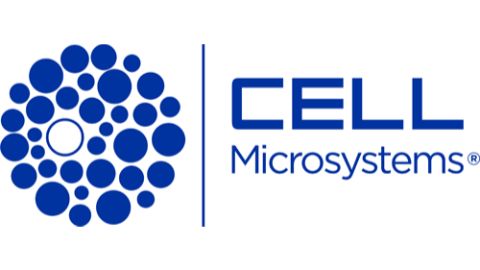The Use of Human iPSC-derived Cells in Disease Modeling
Advances in human induced pluripotent stem cell (iPSC) technology allow the generation of donor-derived healthy and diseased cell lines enabling the study of human disease phenotypes that are challenging to reproduce in animal models. Therefore, human iPSCs provide an attractive option for human disease modeling, drug screening, personalized medicine, cell-based therapy, and toxicity studies.
Axol Bioscience’s expertise includes: 1) reprogramming donor cells to iPSCs, 2) editing genes of interest, 3) differentiating them to all major neural and cardiac cell subtypes and 4) validating their phenotypically-relevant function and pharmacology.
While the study of individual types of diseased cells (“monoculture”) can provide insight, increasingly researchers are turning to the co-culture of multiple cell-types to produce a more physiologically-relevant model for assessing phenotype and screening potential therapeutic candidates. Axol Bioscience has worked with collaborators to develop assays incorporating two, three and four different cell-types. These co-culture models can incorporate donor-matched cell-types or can incorporate one or more disease lines to better investigate the individual and combined contribution of each cell-type in models incorporating actual human cells differentiated into cell-types akin to those found in vivo. This level of refinement, control and human-relevance is often not possible at scale with existing animal, donor and heterologous cell models.
During his talk Steven will discuss Axol's work on the development of co-culture disease models and their relevance to drug screening and disease modeling.








